 Maltitol is a sugar alcohol and is widely used as a substitute for regular sugar in various foods, such as sweets, low-calorie versions of foods, protein bars and very often also protein spreads and protein “nut” butters . Maltitol may seem like a great ingredient to reduce the energy value of foods and limit excess sugar intake. However, higher levels of maltitol consumption can actually be harmful to our health. Below, we will introduce you to the possible side effects of maltitol that may occur if you consume it frequently and in larger quantities and other reasons why it is added to foods at all .
Maltitol is a sugar alcohol and is widely used as a substitute for regular sugar in various foods, such as sweets, low-calorie versions of foods, protein bars and very often also protein spreads and protein “nut” butters . Maltitol may seem like a great ingredient to reduce the energy value of foods and limit excess sugar intake. However, higher levels of maltitol consumption can actually be harmful to our health. Below, we will introduce you to the possible side effects of maltitol that may occur if you consume it frequently and in larger quantities and other reasons why it is added to foods at all . 
What is maltitol and how is it used?
Maltitol is a chemical compound produced by hydrogenating maltose - the so-called malt sugar found in starch. Due to its versatility and availability, maltitol is often used in the food industry . It has a similar taste to regular sugar, but has fewer calories and does not affect blood glucose levels to the same extent as regular sugar. However, it still has a certain effect on blood glucose levels. Maltitol is also a relatively cheap raw material and therefore manufacturers use it as a substitute for more expensive raw materials , such as nuts in nut butters. However, this reduces the quality of the product, as pure ingredients such as nuts, high-quality protein or other natural ingredients are represented significantly less in the resulting product. In nut butters, the content of nuts can then be as low as 10 - 20%. From a legislative point of view, such foods can be labeled as "nut" even though the total content of nuts is in many cases less than 50%. Occasional consumption of maltitol in small quantities will not harm the body. However, as part of your daily diet, real nutrients are more beneficial to the body than substitutes.

Source: fjingredients.eu
Harmfulness and safety of maltitol
Maltitol is often presented as a low-calorie form of sweetener . Although it is not harmful to health in reasonable amounts, it can have negative effects on our bodies. Our bodies are not able to process maltitol in the same way as classic nutrients (carbohydrates including sugars, fats, proteins) and in the small intestine, this sugar alcohol can cause bloating and have laxative effects if consumed in high doses . If you suffer from diabetes or any disease that causes problems with maintaining proper blood sugar levels, you should also avoid maltitol completely.

Source: canva.com
Maltitol and weight gain
Although we may feel that maltitol is "dietary" and there is no risk of weight gain after using it, the opposite is true. Maltitol is still a substance containing calories and therefore its excessive amount in the diet can cause weight gain like any food. Therefore, we cannot think that foods containing maltitol will not have an effect on our weight when consumed in excess, despite the fact that the product packaging may declare so-called low kcal claims and the foods may appear to be "dietary". It is always true that body weight is only affected by the so-called long-term energy balance, i.e. the difference between total energy intake and expenditure.
In conclusion
Maltitol is popularized as a lower-calorie sugar substitute ; however, excessive consumption can have many unpleasant side effects . It is important to understand both the advantages and disadvantages of this substance. For sweeteners and fillers such as maltitol, try to at least monitor the amount you consume. For some, maltitol in reasonable amounts may not pose any problems, for others, even a small portion can cause digestive problems. In general, we recommend that you focus on the composition of any product before buying it and prefer foods with the lowest possible degree of industrial processing .
Resources:
- The low glycemic index and health benefits of polyols as sugar substitutes Livesey, G. PMID: 19087449 Nutr Res Rev. 2003 Dec;16(2):163–91. doi: 10.1079/NRR200371.
- A. Black, M. Spence, RO McMahon, GJ Cuskelly, CN Ennis, DR McCance, IS Young, PM Bell, and SJ Hunter et al. The impact of eucalyptus gum on glucose and insulin metabolism Published online September 1, 2002, at: Diabetes Metab Res Rev. PMID: 12469372.
- GR Gibson; HM Probert; JV Loo; RA Rastall; MB Roberfroid Modulation of human colonic microbiota through diet: a revised prebiotic paradigm Doi: 10.1079/NRR200479; PMID: 19087444 Nutr Res Rev. 2004 Jun;17(2):259–75.
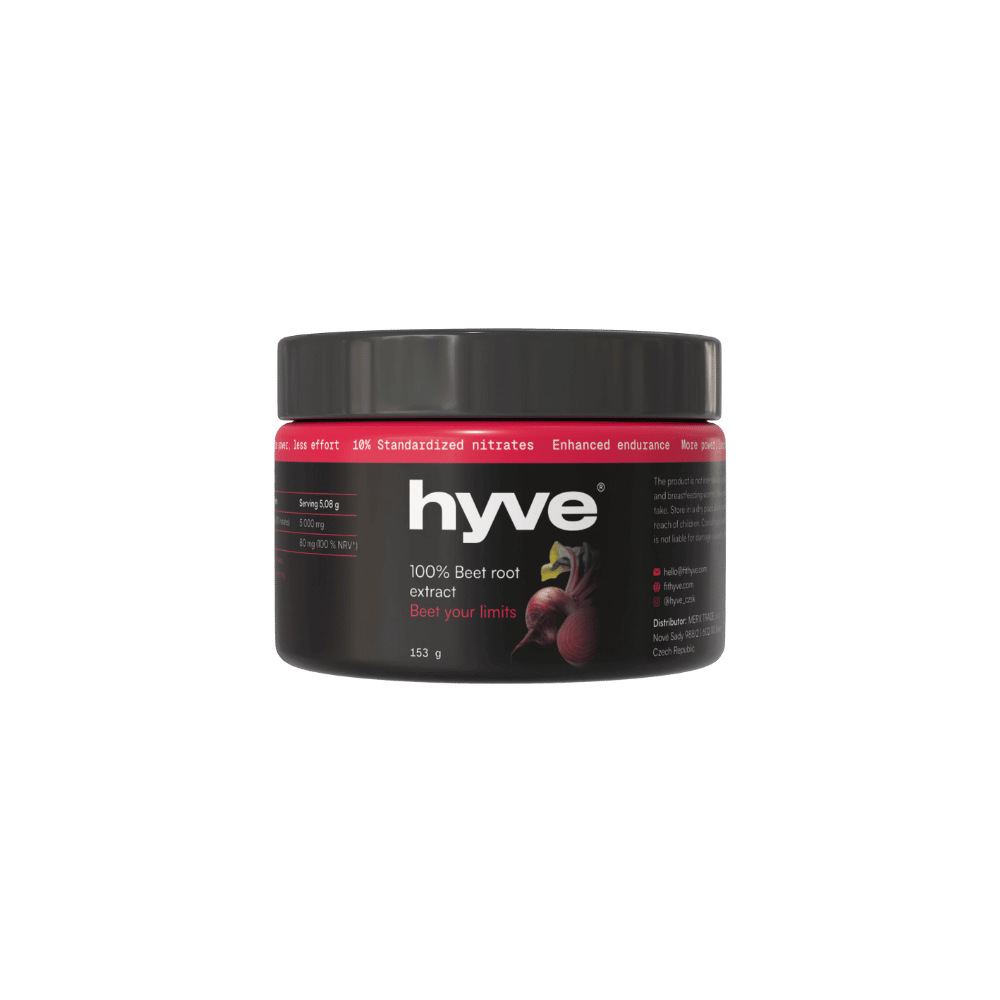
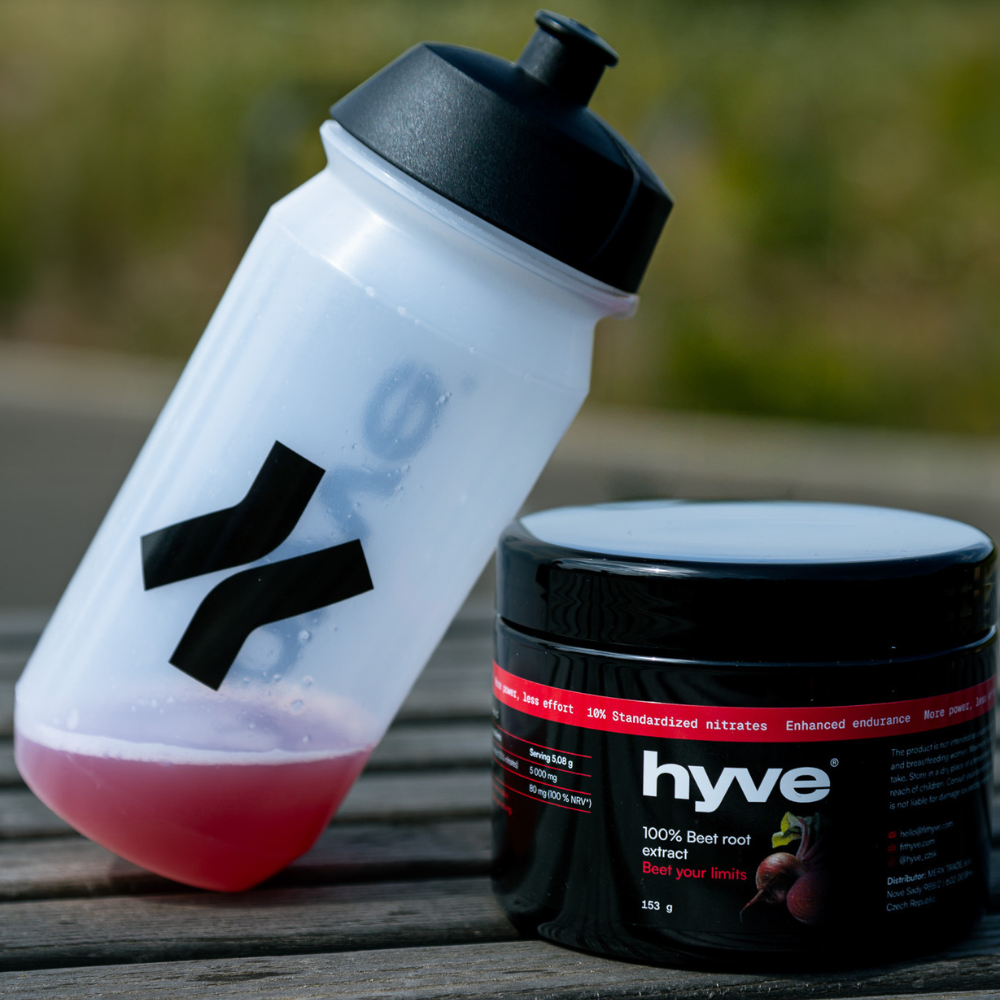
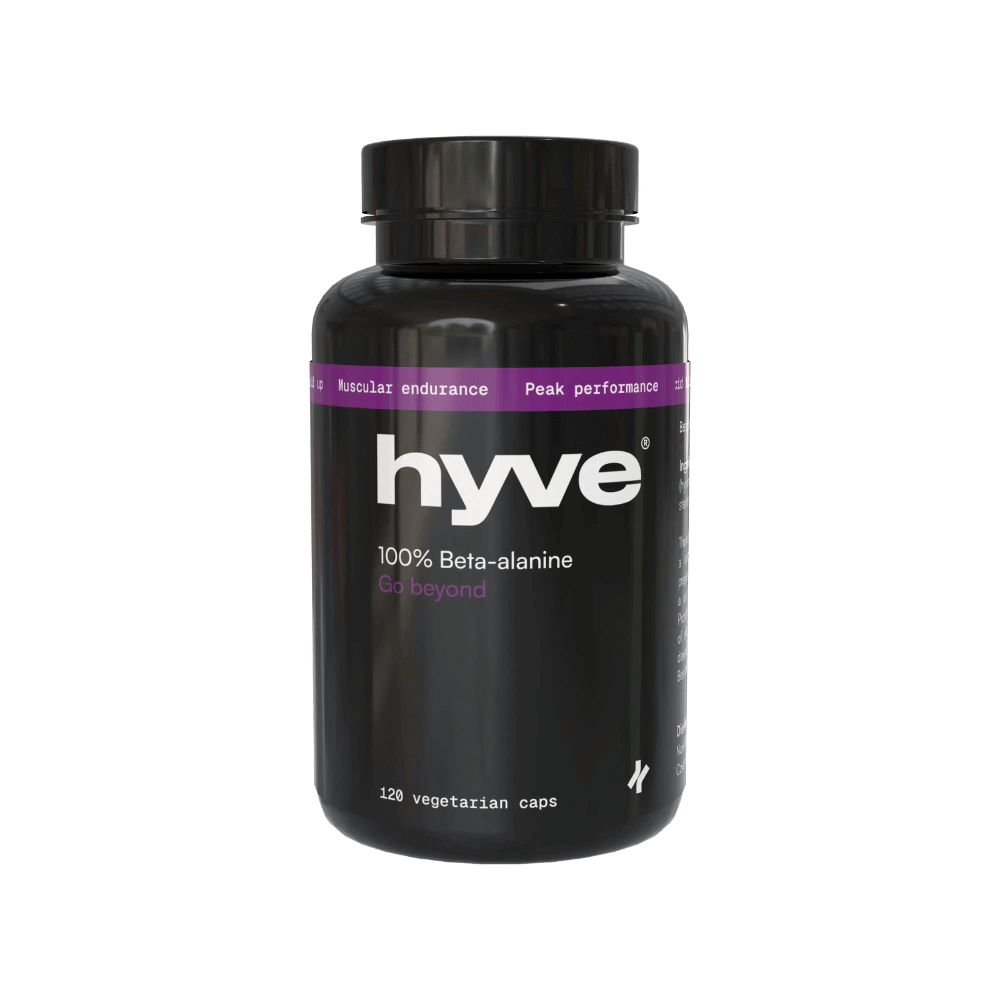
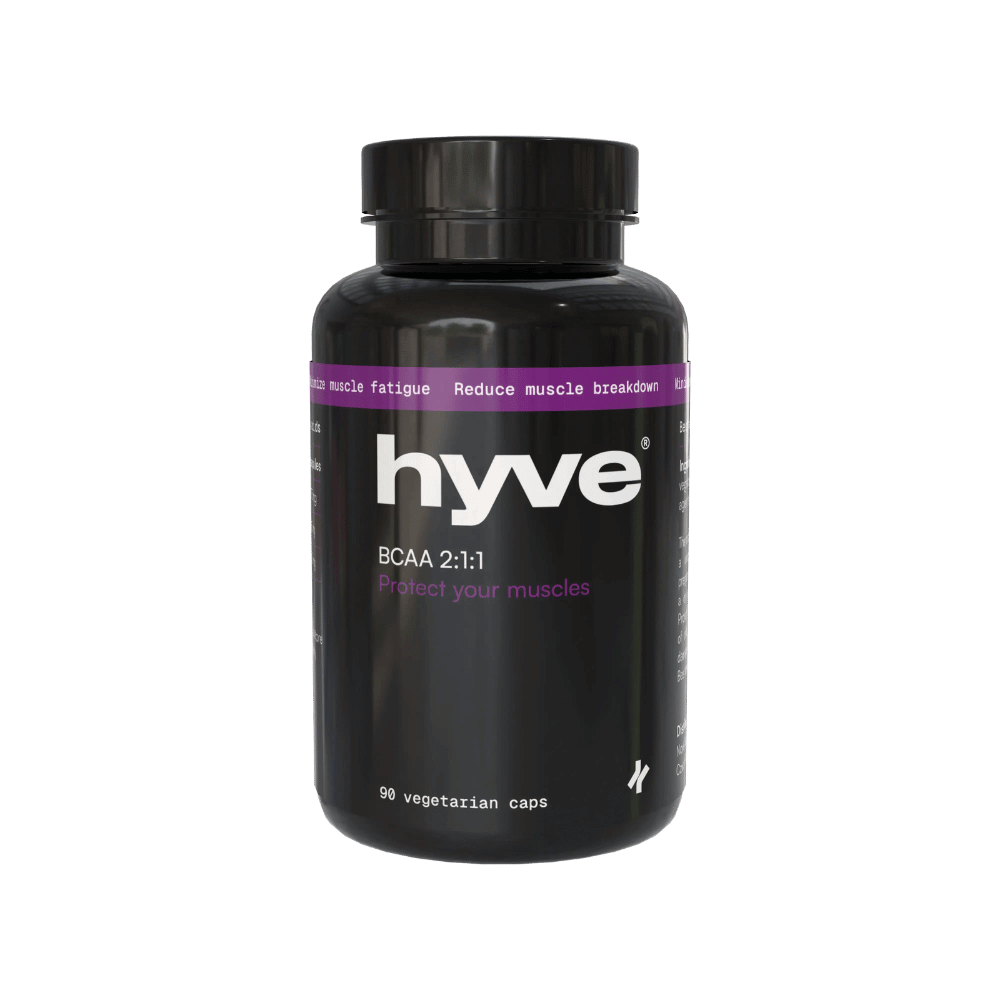
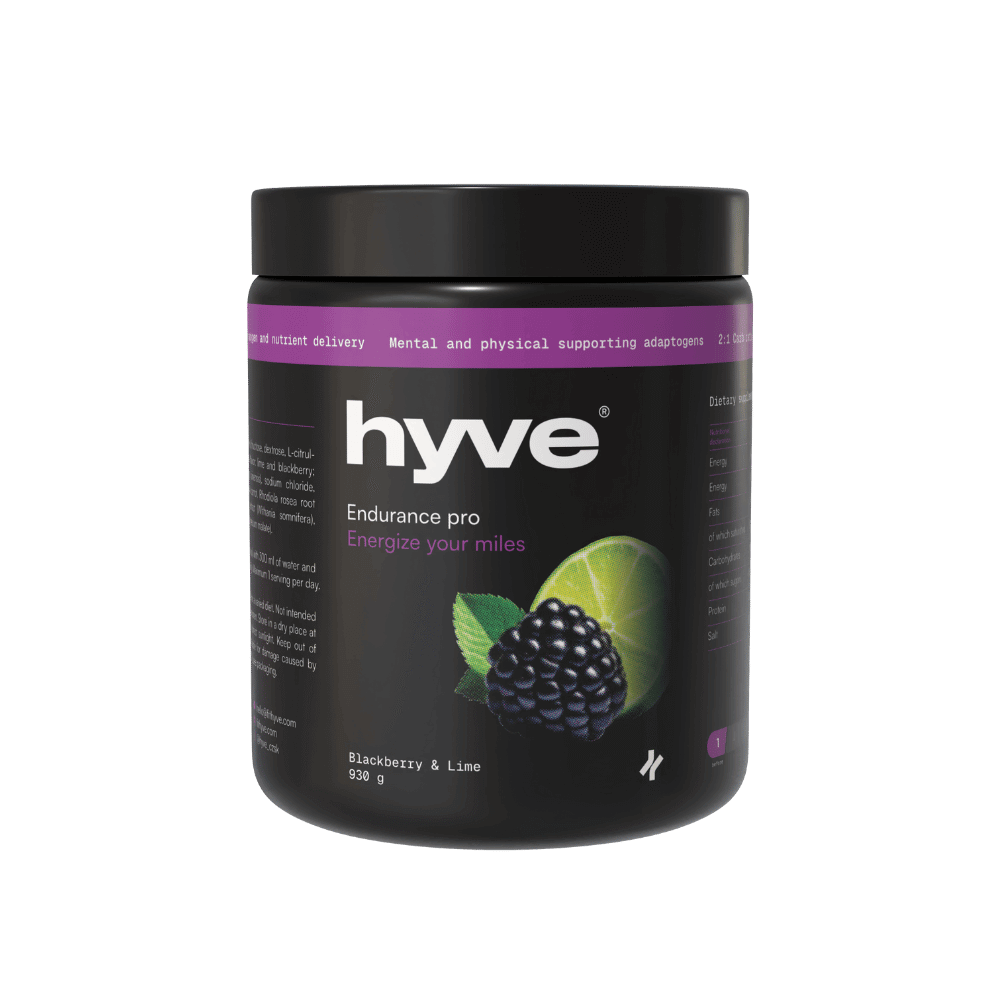

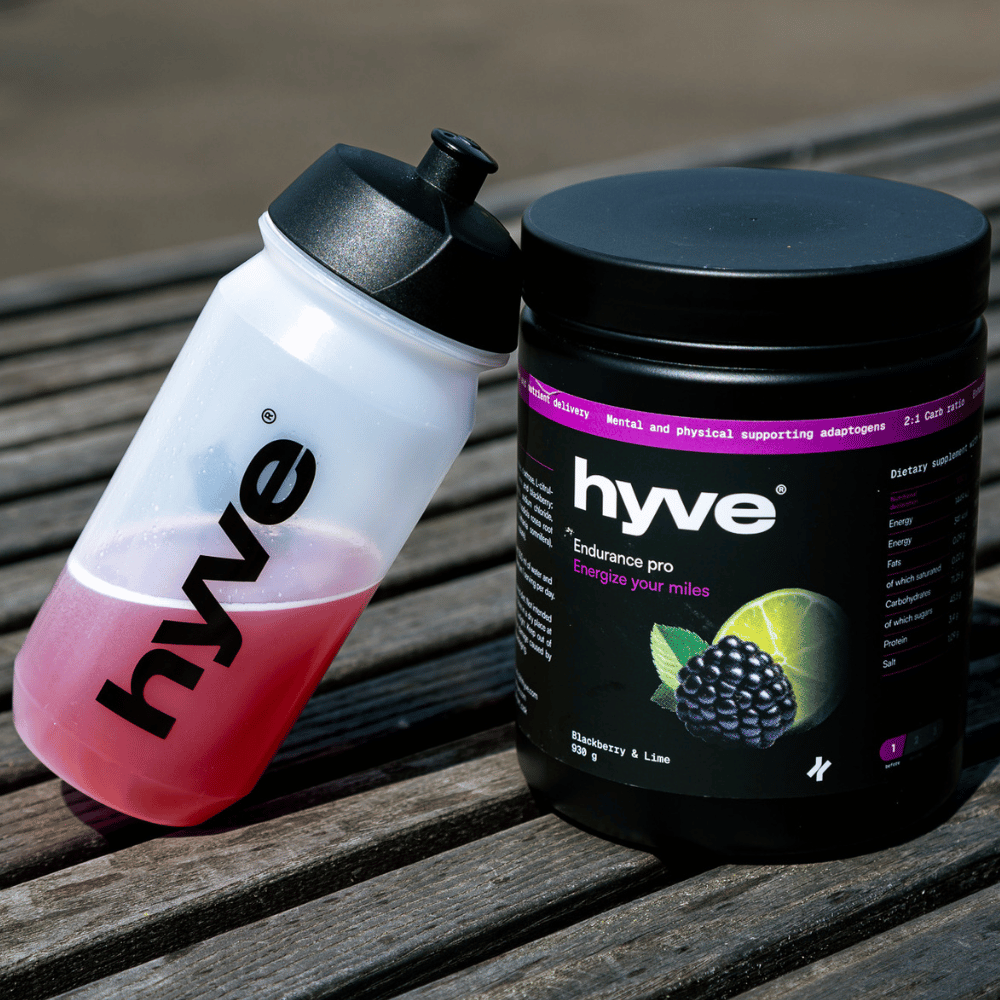
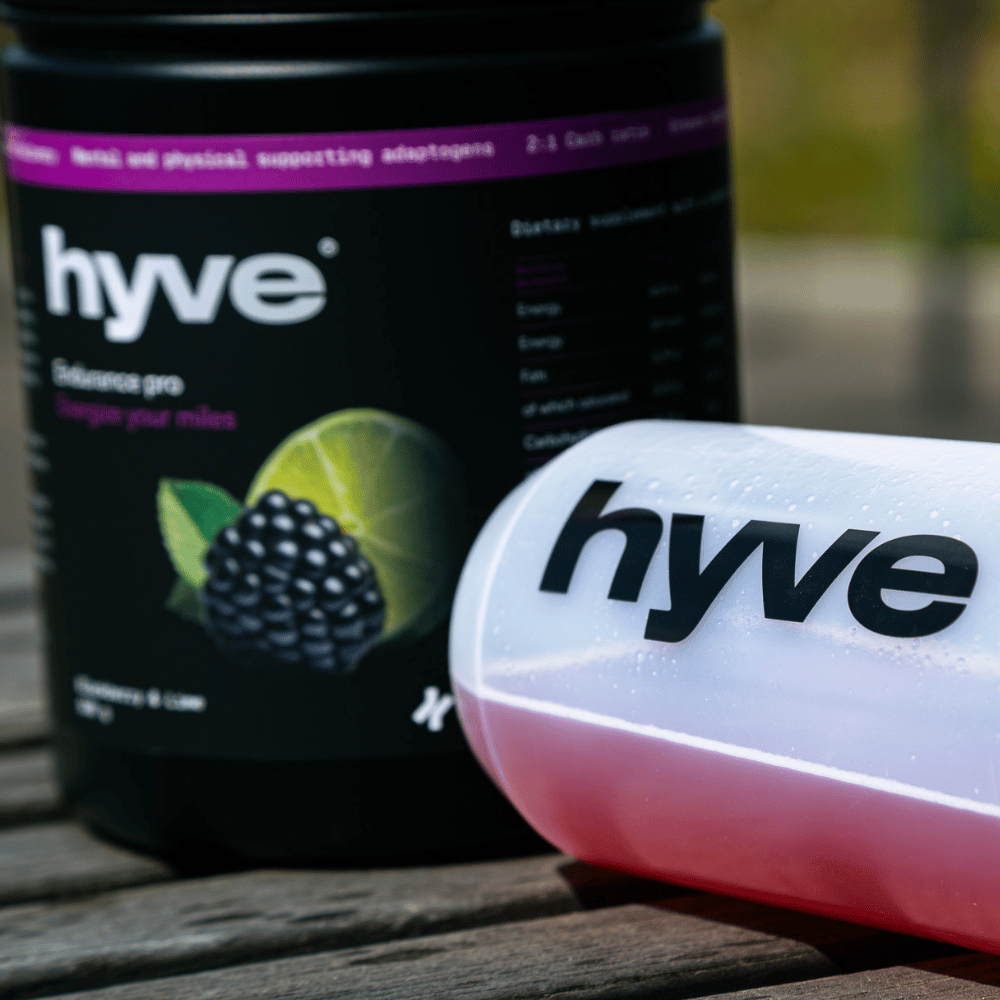
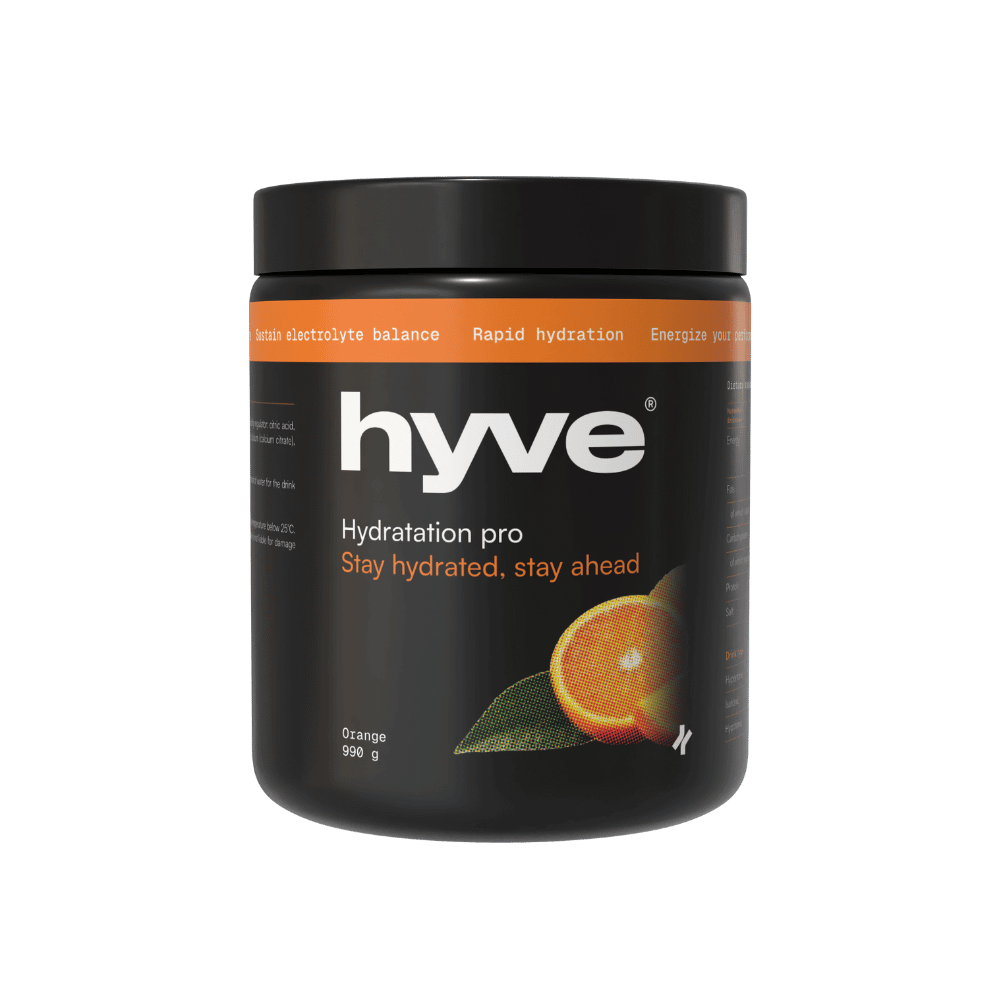
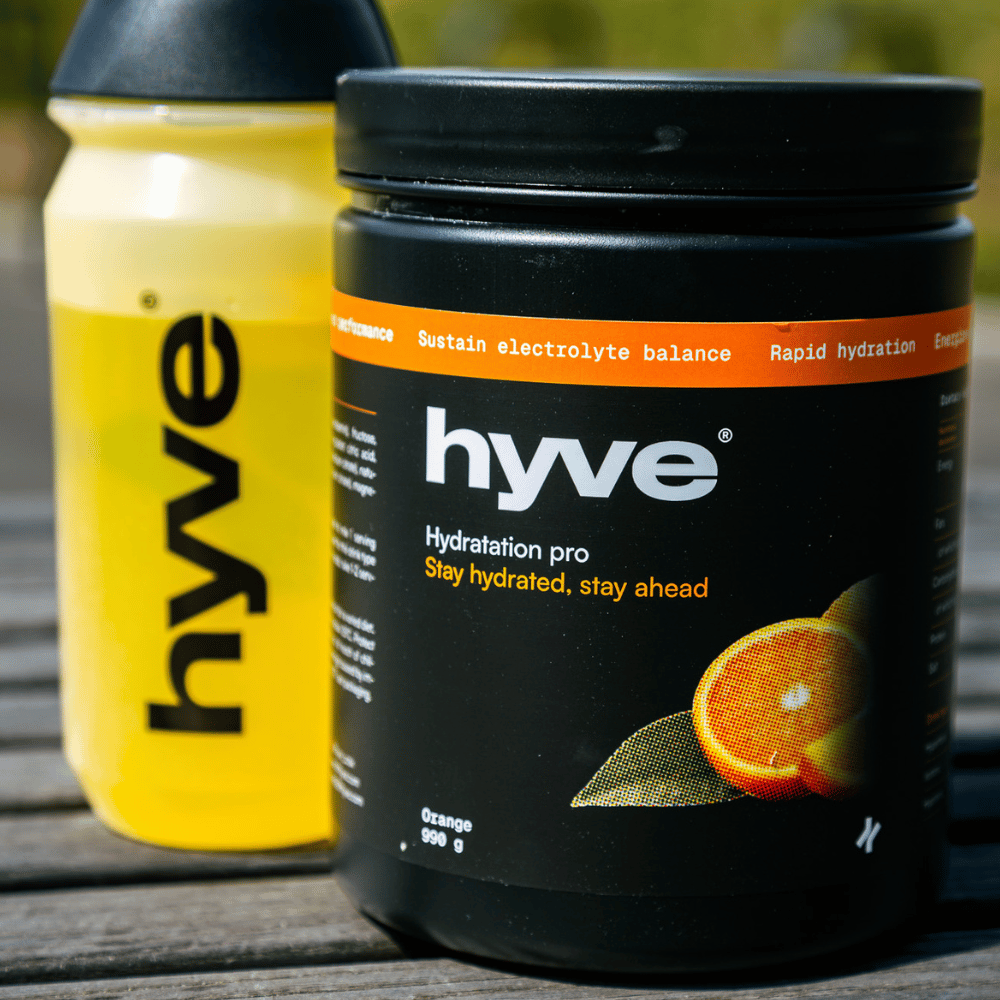


Intermittent fasting and sports - benefits and negatives
Isotonic, hypotonic and hypertonic drink: Which one to choose and when to use?
Share: